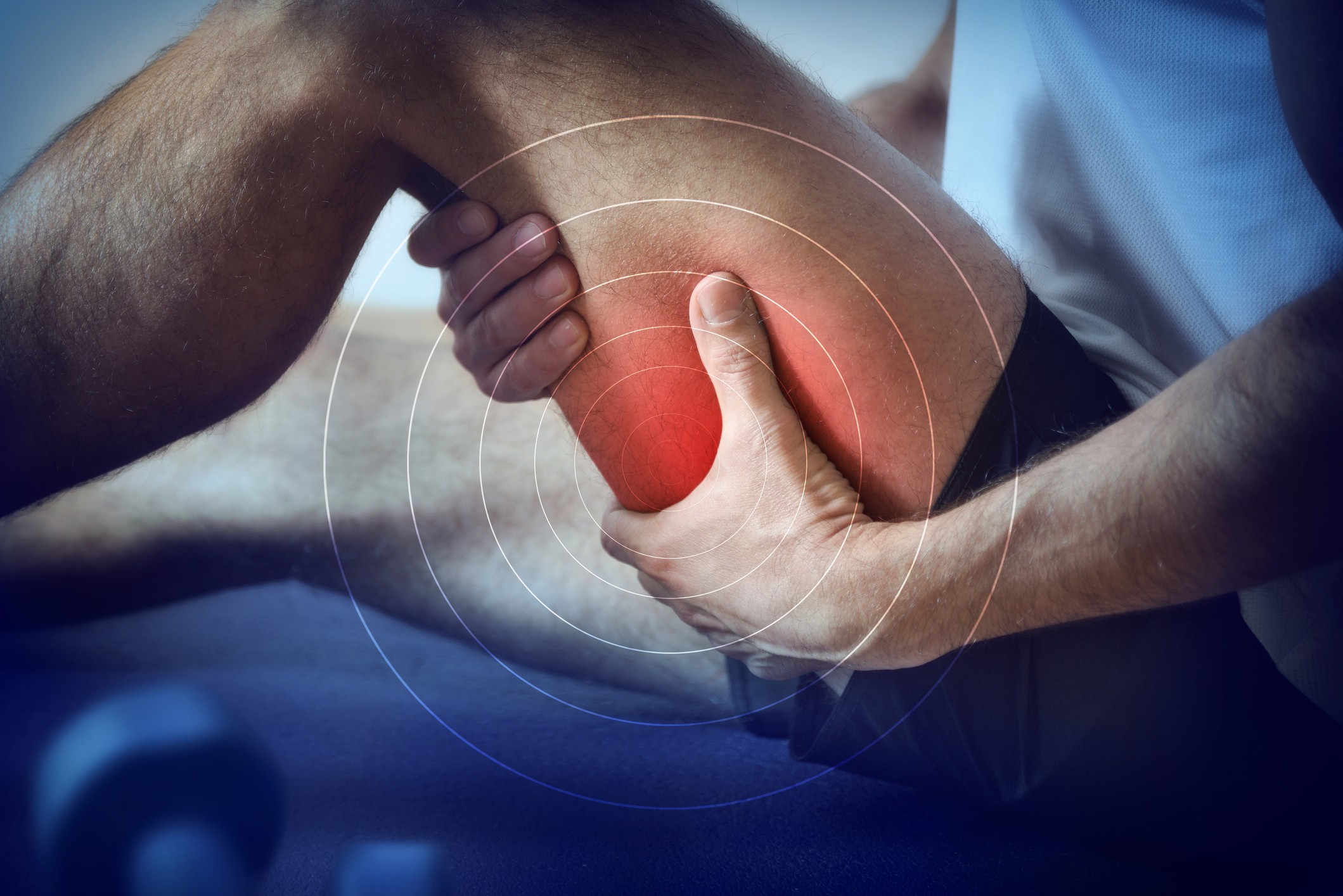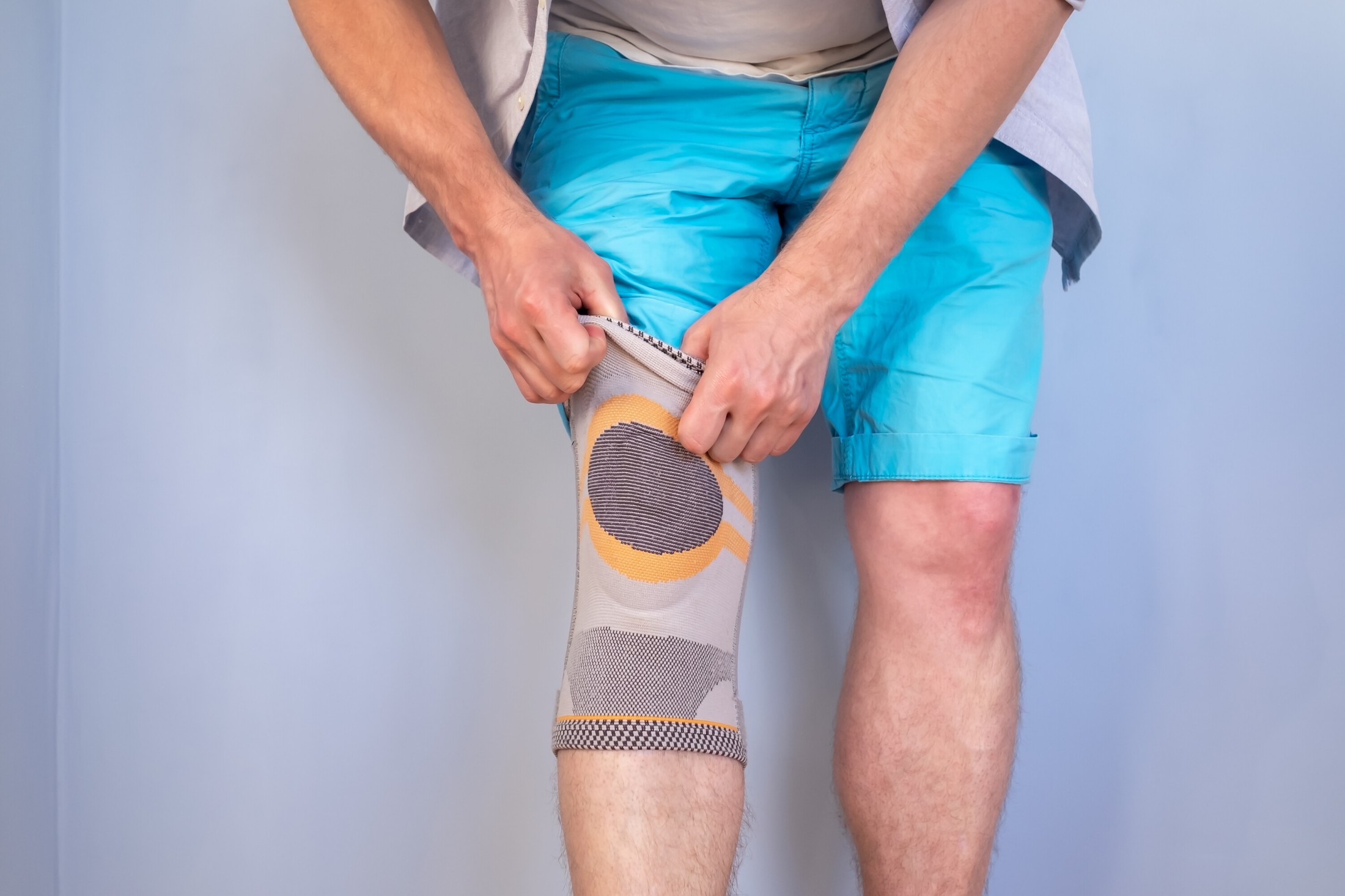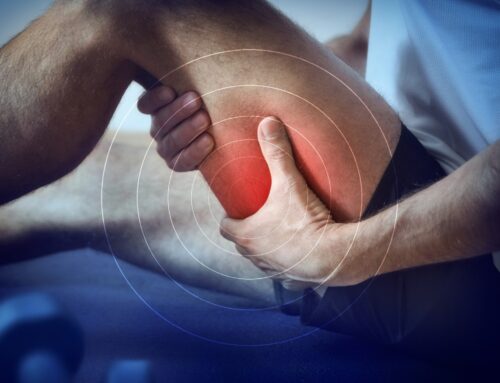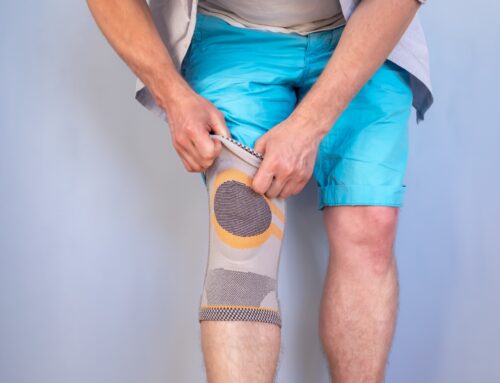When comparing Orthopedic Shoes vs. Custom Orthotics, it is important to understand the unique features and benefits for each. Orthopedic shoes are engineered to offer full-foot comfort and support, while custom orthotics are specially designed insoles intended to address specific foot conditions.
The choice between these two can greatly impact your foot health and comfort, hence, understanding their distinct advantages is key to making an informed decision.
Orthopedic Shoes
Orthopedic shoes are purpose-built footwear designed to mitigate a variety of foot and ankle issues through enhanced support, stability, and comfort. Typically recommended by medical professionals, these shoes are often used to manage foot conditions such as plantar fasciitis, flat feet, and bunions, to name a few. They operate by offering a tailored level of cushioning and support to the foot, contingent upon the specific condition being addressed.
Orthopedic orthotics, meanwhile, offer a range of advantages in terms of foot comfort and health, which include:
- Improved alignment and balance
- Increased support and stability for the feet, ankles, and knees
- Reduced pain and discomfort in the feet, legs, and lower back
- Improved shock absorption for better impact protection
- Corrected biomechanical issues, such as overpronation or supination
- Enhanced circulation and reduced swelling in the feet and lower legs
- Reduced risk of injury or re-injury to the feet and lower limbs
- Improved athletic performance and reduced fatigue during physical activity
While Orthopedic Shoes provide many benefits, they also have some limitations:
- Limited customization: Orthopedic shoes are typically designed to fit a range of foot shapes and sizes, but may not address specific foot conditions or individual needs.
- Limited style options: Orthopedic shoes often have a utilitarian design and limited style options, which may not be suitable for those who prioritize fashion.
- Cost: Orthopedic shoes can be expensive, particularly if they require customization or are made from high-quality materials.
- Need for replacement: Orthopedic shoes may need to be replaced periodically, particularly if they are worn frequently or if the foot condition worsens over time.
Custom Orthotics
Custom orthotics are personalized insole inserts made to conform precisely to an individual’s foot, providing necessary support and stability.
These custom-fit inserts are typically constructed from materials like foam, plastic, or rubber. They are engineered to bolster the foot’s arch and evenly distribute pressure, aiding in the relief of pain and discomfort. Furthermore, they can assist in rectifying foot irregularities and enhancing overall foot functionality.
The array of benefits that custom orthotics offer for foot health and comfort include:
- Improved foot alignment and support
- Reduced pressure and pain in the feet, ankles, and knees
- Increased shock absorption and cushioning
- Improved balance and stability
- Prevention of foot injuries and conditions
While custom orthotics provide many benefits, they also have some limitations. These include:
- Cost: Custom orthotics can be more expensive than off-the-shelf options
- Time: It can take several weeks to have custom orthotics made and fitted
- Maintenance: Custom orthotics require regular cleaning and replacement over time
- Limited use: Custom orthotics are designed to fit a specific shoe and may not work with other types of footwear
Factors to Consider When Choosing Between Orthopedic Shoes vs Custom Orthotics
The type and severity of your foot condition play a significant role in this decision. Orthopedic shoes could be adequate for addressing mild to moderate foot issues, while custom orthotics might be necessary for more serious conditions. Similarly, your lifestyle and the activities you engage in greatly influence which option is best. Orthopedic shoes might be more suitable for everyday wear, whereas custom orthotics could be more appropriate for specific activities.
Another key aspect to consider is the financial implications and insurance coverage. Custom orthotics tend to be more expensive than orthopedic shoes, and the level of insurance coverage can vary.
- The nature and severity of your foot condition: Orthopedic shoes might suffice for mild to moderate foot issues, while custom orthotics might be required for more serious conditions.
- Lifestyle and physical activities: The type of lifestyle you lead and the activities you partake in significantly influence the choice between these two. Orthopedic shoes might be more suitable for everyday use, whereas custom orthotics could be a better fit for specific activities.
- Financial considerations and insurance coverage: Custom orthotics generally cost more than orthopedic shoes, and the extent of insurance coverage can vary. It’s essential to factor in your budget and insurance coverage in your decision-making process.
Pros and Cons of Orthopedic Shoes vs Custom Orthotics
When it comes to orthopedic footwear, both orthopedic shoes and custom orthotics have their pros and cons.
| Orthopedic Shoes | Custom Orthotics | |
|---|---|---|
| Advantages |
|
|
| Disadvantages |
|
|
Key Differences Between Orthopedic Shoes and Custom Orthotics
Delving deeper into the comparison of orthopedic shoes and custom orthotics, several aspects come into play such as costs, customization, durability, and effectiveness:
- Costs: orthopedic shoes typically come with a lower price tag compared to custom orthotics. However, the cost can fluctuate based on the shoe’s style and brand. The heftier price of custom orthotics is attributed to the customization process and the materials used.
- Customization: orthopedic shoes do offer some customizable features like adjustable straps and insoles. However, they can’t rival the tailor-made precision provided by custom orthotics. These are specifically crafted to cater to an individual’s unique foot condition and needs.
- Durability: custom orthotics usually outlast orthopedic shoes due to their superior materials and construction. Consequently, orthopedic shoes may need replacement more frequently.
- Effectiveness: both orthopedic shoes and custom orthotics have proven to be beneficial in managing foot conditions and enhancing foot health and comfort. Yet, custom orthotics often have the edge due to their personalized fit and support.
Ultimately, choosing between orthopedic shoes and custom orthotics boils down to a person’s unique needs, preferences, and financial circumstances. It’s essential to seek professional advice, such as scheduling a Chiropodist Foot Assessment with Care-Med, to make the best decision in terms of addressing foot issues and enhancing overall foot wellness.
Getting Fitted for Orthopedic Shoes or Custom Orthotics
Getting fitted for orthopedic shoes or custom orthotics involves a thorough assessment of your feet, including measurements and a gait analysis. For orthopedic shoes, your foot size, arch type, and any foot deformities are taken into account to select the appropriate size and style of shoe. For custom orthotics, a 3D scan or plaster cast is taken of your feet to create a personalized insole.
Throughout the fitting procedure, you might be requested to walk or run on a treadmill for an evaluation of your gait and foot mechanics. Questions about your lifestyle and regular activities may also be asked to ascertain the most suitable choice for your needs. Our Chiropodist might make alterations to the shoes or orthotics to guarantee an appropriate fit and optimal support.
Orthopedic shoes and custom orthotics are two options for improving foot health and comfort. Regardless of which option is chosen, it’s important to seek medical advice and proper fitting to ensure the best possible outcome for foot health and comfort.
If you’re noticing discomfort, changes in how you walk, or new aches and pains, we’re here to help. Schedule a foot assessment and let’s find out what’s really going on.
Share This Story, Choose Your Platform!
Table of Contents
We specialize in orthotics, body braces, and compression wear tailored to your unique needs in Toronto. Reach out to us at info@caremed.care or call 416-782-5353 to book your fitting and consultation.
Experience the difference of customized solutions designed just for you.











